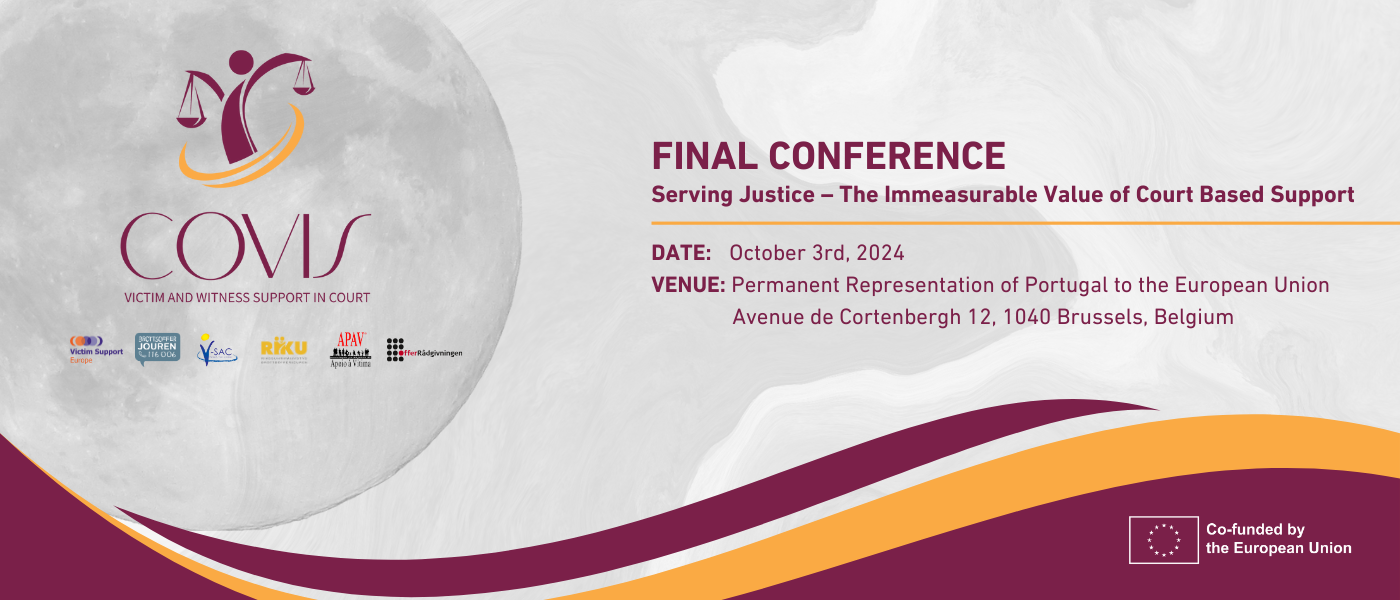PRACTICALITIES
WHEN?
The event will take place on 3 October 2024, from 8:30am to 16:30 pm CET.
WHERE?
Permanent Representation of Portugal to the European Union
Avenue de Cortenbergh 12, 1040 Brussels, Belgium
LIVE BROADCASTING
TBC.
REGISTRATION
TBC.


